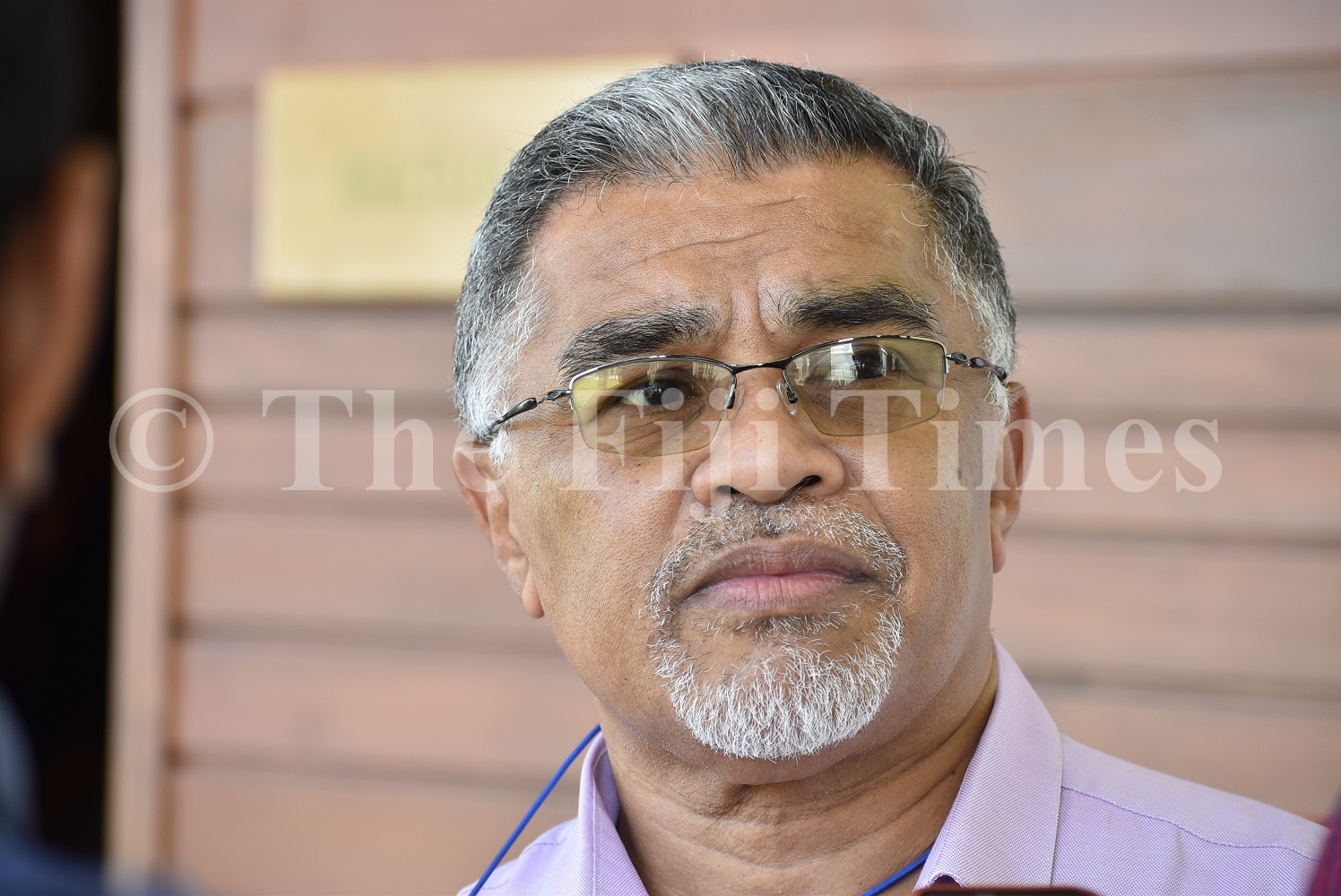Health Ministry Permanent Secretary Dr James Fong says a significant number of youths in Fiji are dying from non-communicable diseases (NCDs).
He said this during the opening of the Human Resource Development Program for Health Sector Training at the Grand Pacific Hotel yesterday.
“Our age longevity is still about 67 per cent and if you look at the World Health Organization (WHO) of old age its 70 — so the average Fijian is dying earlier than the old age limit,” he said.
“In fact, WHO’s recent discussion now classify youth as ages 18 to 70 and today’s (yesterday) training program fits in quite well with our NCD workplace initiative – we really want to get the workplace to change, and we’d really like to see a lot more healthy food at the workplace and indulging in a lot more healthy activities.
“There are many people who come up with resolutions for healthy living and they do it all at home, but unfortunately when they come to work with all the collegiately around, they tend to forget about it.”
Dr Fong said through the training program participants would be able to understand policies and strategies implemented in Fiji in regards to non-communicable diseases (NCDs) in comparison to those of Korea’s developed policies and comprehensive health promotion plans.
“This is why we support these initiatives where we train the human resource (HR) unit together with doctors and nurses to be able to understand the requirements of NCD-related prevention programs.
“I am told the training will provide hands-on practice on the clinical implications of diabetes and dyslipidemia and also provide a platform for participants to be involved in policy making aspects of the health sector. He said NCDs not only played a significant burden on the population’s health but also on economic and social development.
“I am grateful to the government of Korea through the Korea International Cooperation Agency (KOICA) in choosing to share their idea, policies and strategies on curbing NCDs considering it is the leading cause of morbidity and mortality world-wide.
“NCDs lead to high treatment costs, imposing a direct economic on health systems, households and society as a whole in addition, it imposes an indirect economic burden through significant productivity losses via premature mortality, early labour force exits, absenteeism and work at lowered capacity.
Dr Fong urged all 20 participants from the Ministry of Health and Medical Services to grab the opportunity with both hands and learn as much as they could as they would be implementing agents in the country.


